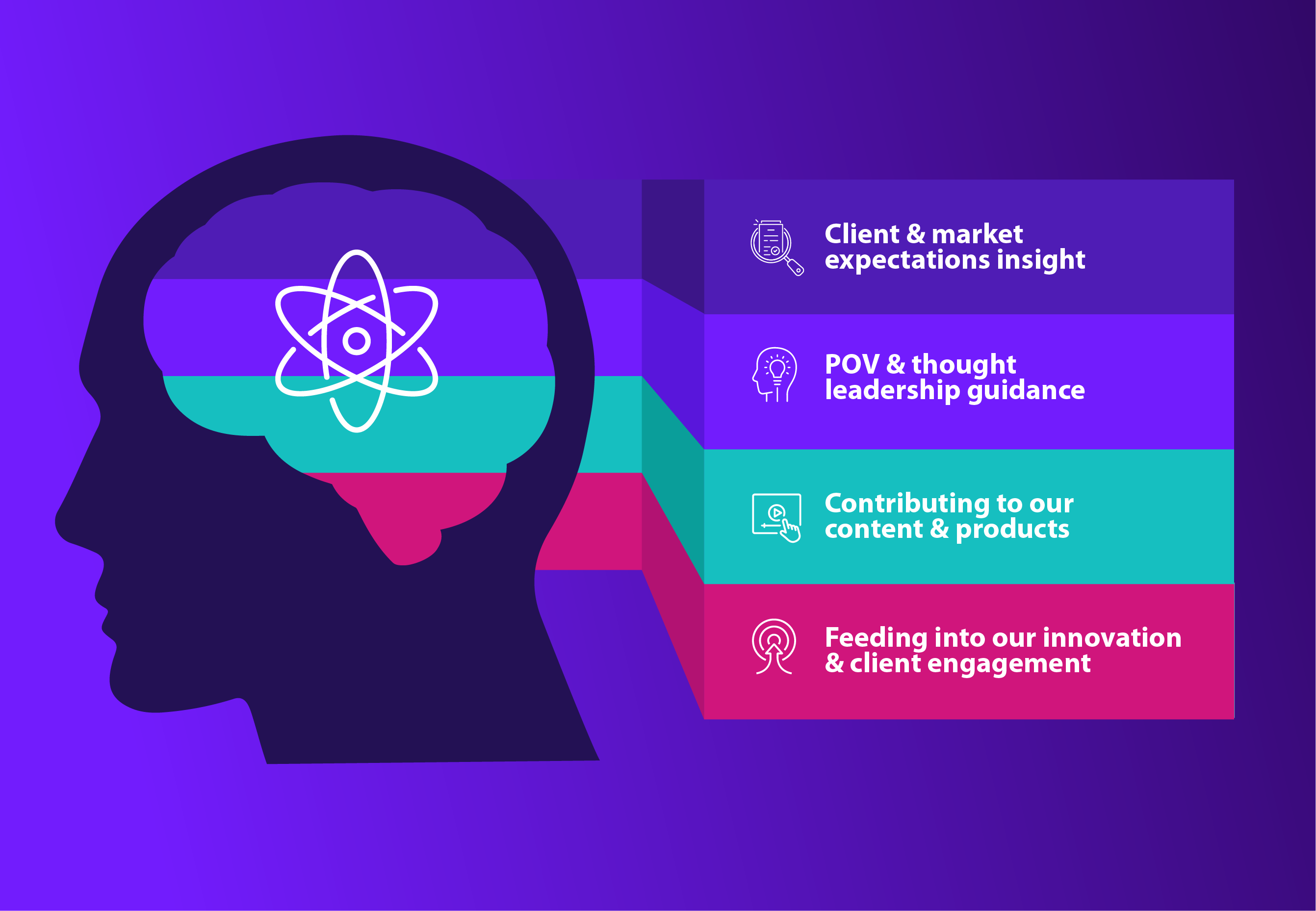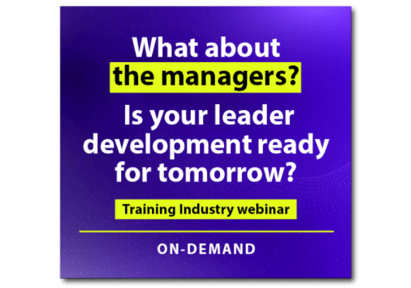You can always custom build your own custom course, Why not explore our building blocks library or book a consultation with our team
Articles & papers
At Hemsley Fraser, we work hard to capture, understand, analyse, and share invaluable insights about the ever-evolving market landscape with our clients.
By understanding industry dynamics and client needs inside-out, we craft strategies that lead the way and offer insightful learning and development thought leadership. Our dedication isn't just about staying ahead; it's about bringing tangible value to our clients, guiding them towards success in a rapidly changing world.
Latest insights
The Hemsley Insight Group
The Hemsley Insight Group, comprising internal and external experts, serves as a pivotal strategic advisory unit for Hemsley.
This team plays a vital role in articulating market dynamics and customer perspectives at a strategic level, spanning leadership, learning, people, and talent development, alongside Diversity, Equity, Inclusion, and Belonging (DEI&B). They contribute by offering and evaluating insights and guiding our thought leadership with industry-informed and real-world expertise.





























.png?width=512&height=288&name=MicrosoftTeams-image%20(65).png)








.jpg?width=512&height=288&name=milad-fakurian-bexwsdM5BCw-unsplash%20(1).jpg)





.jpg?width=512&height=288&name=Abstract_Leadership_traits_elements-10%20(1).jpg)







.jpg?width=512&height=288&name=Top20_2023_Arch_BG-min%20(1).jpg)




.jpg?width=512&height=288&name=LearningServicesAward2023_Background%20(1).jpg)





.png?width=512&height=288&name=Brand_Refresh_Desktop%20(1).png)

.jpg?width=512&height=288&name=BrandonHall_Background%20(1).jpg)









